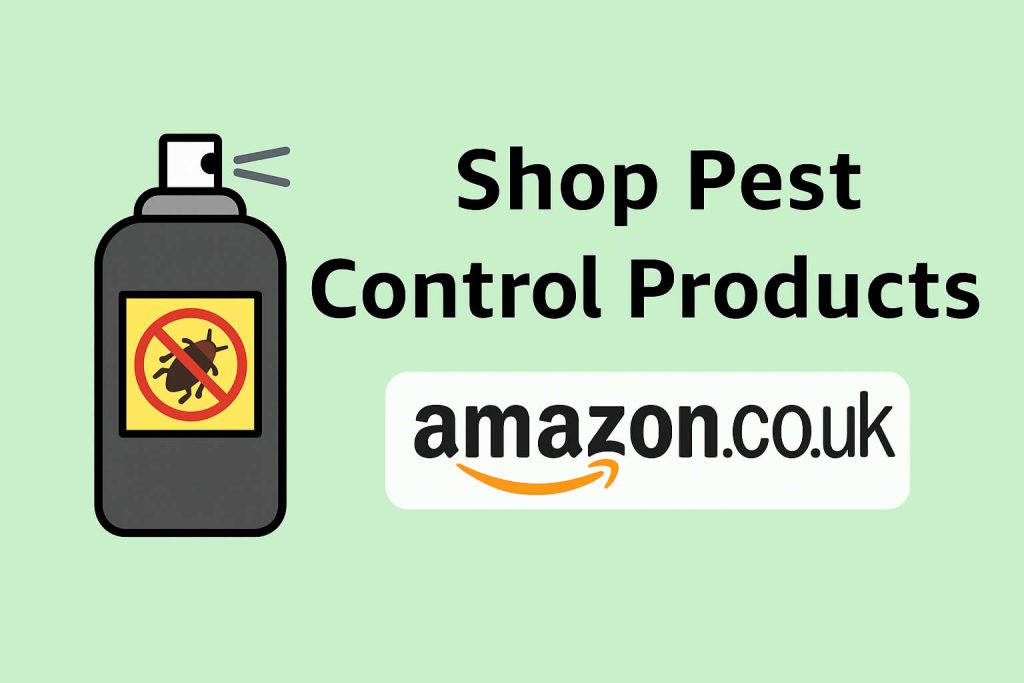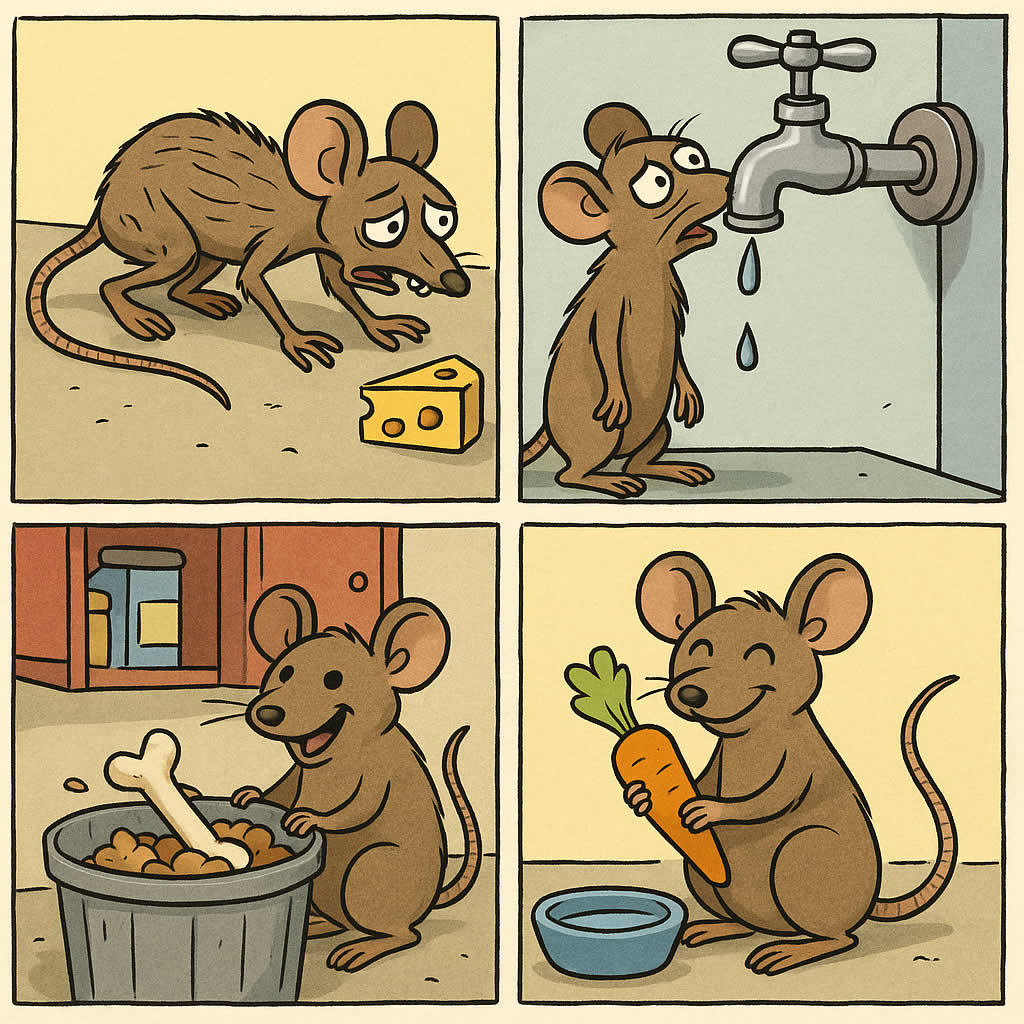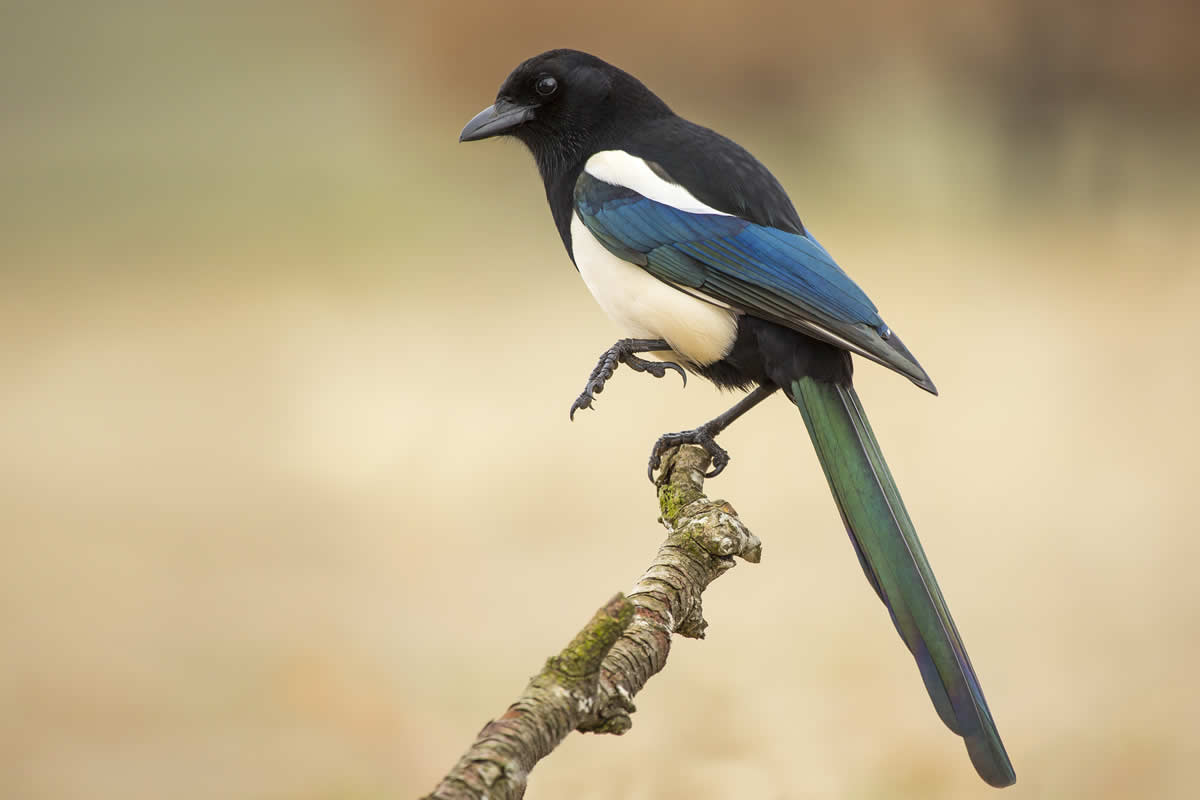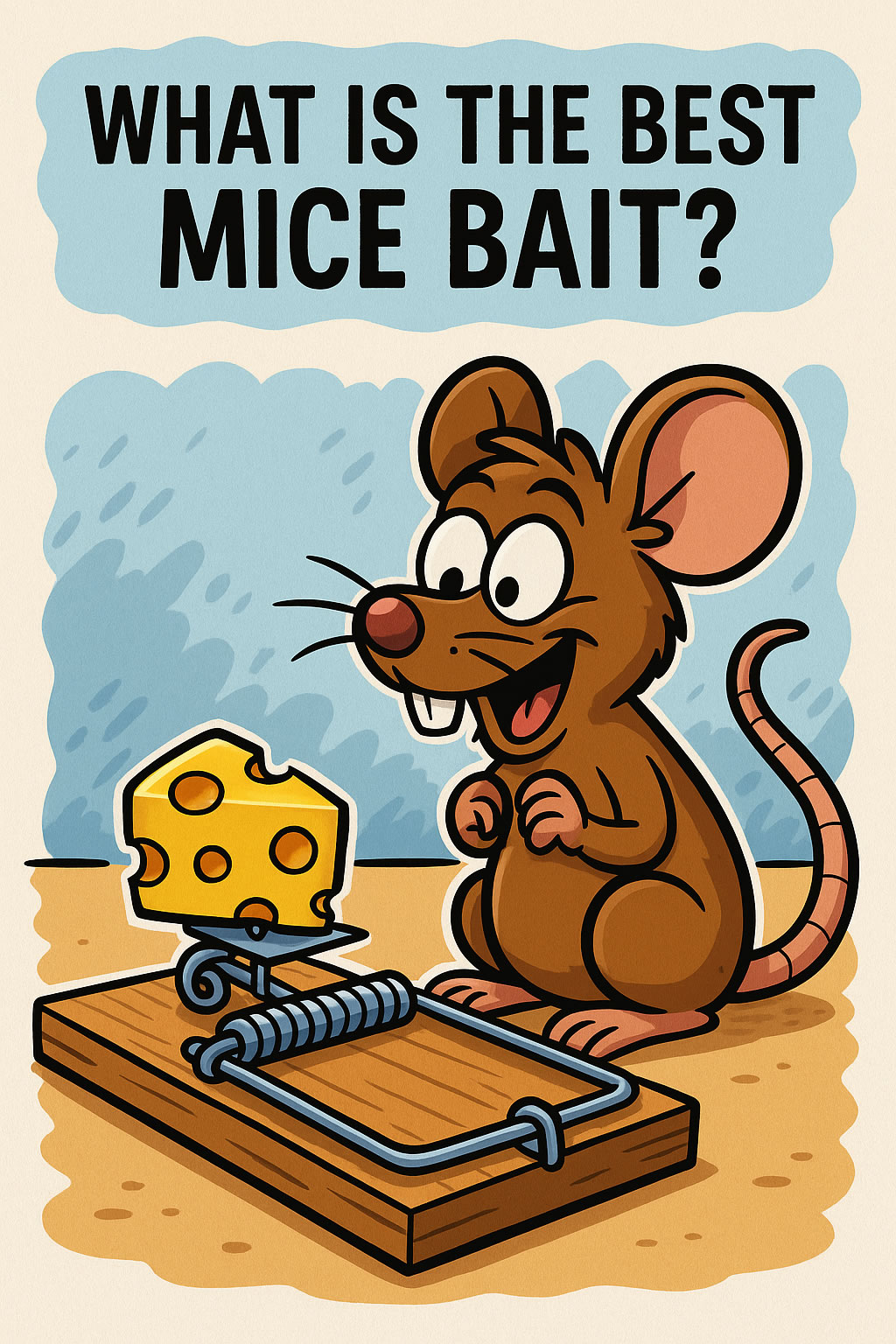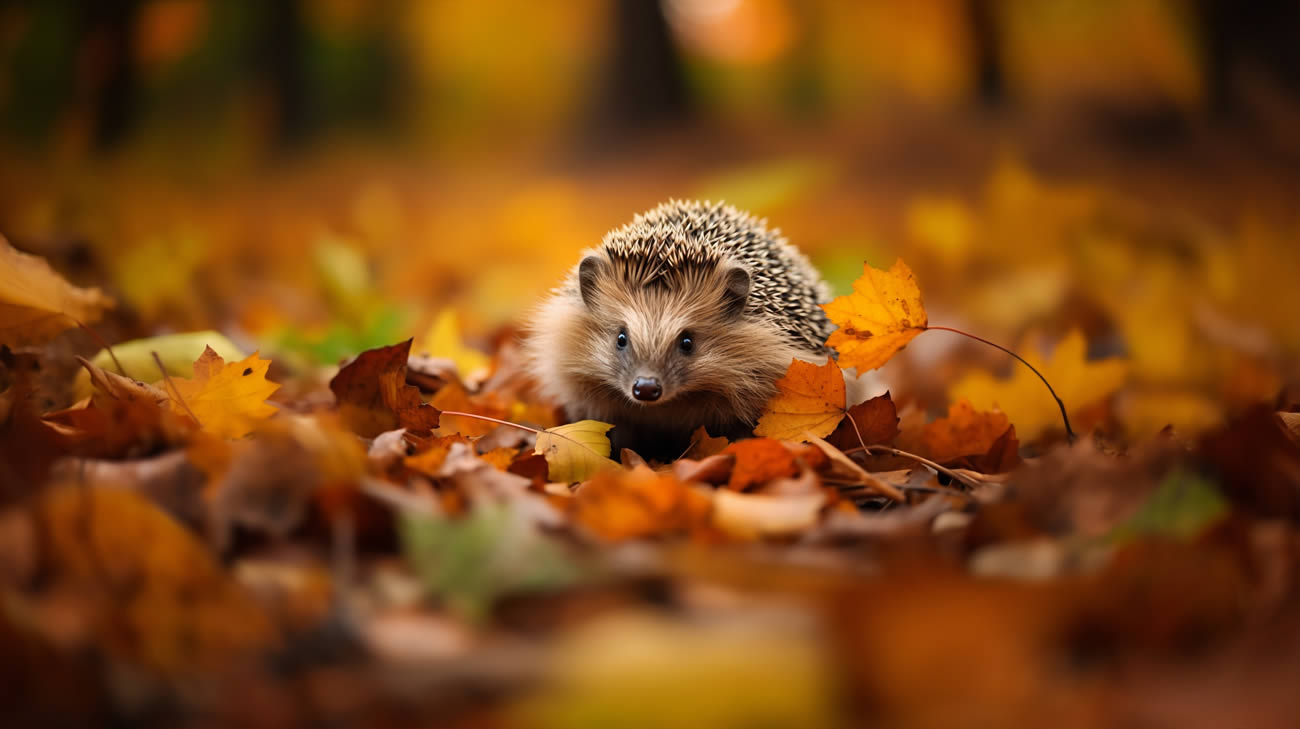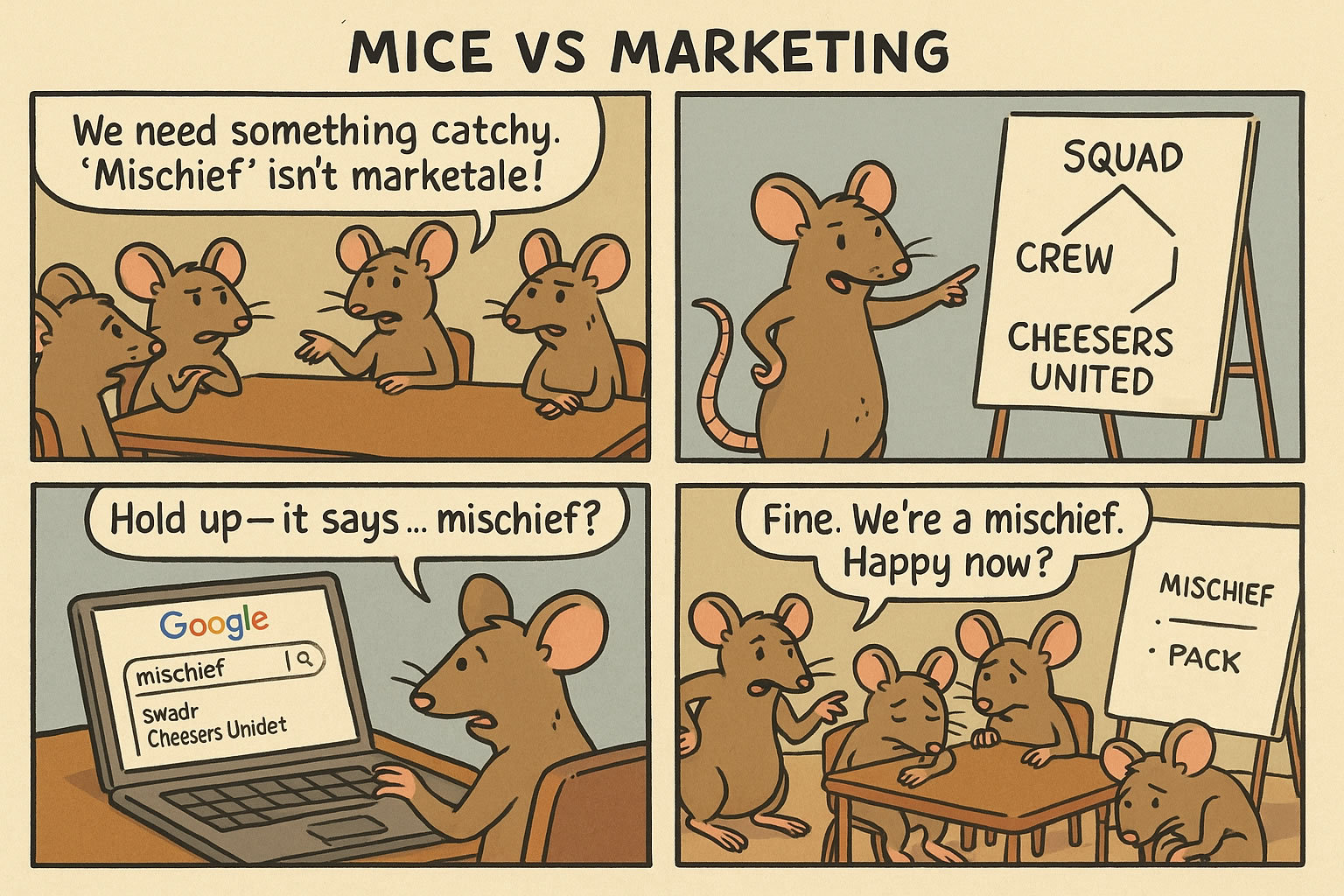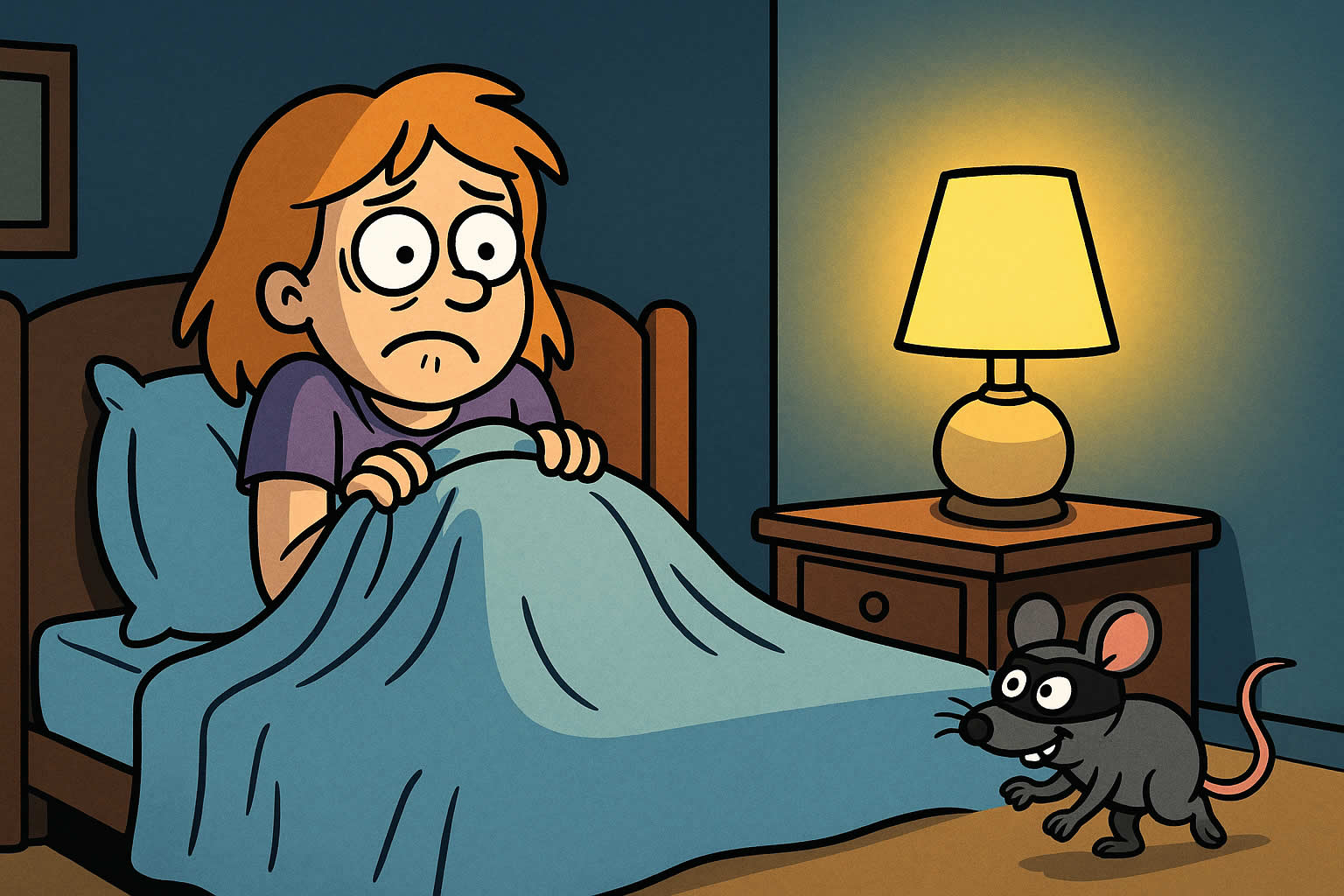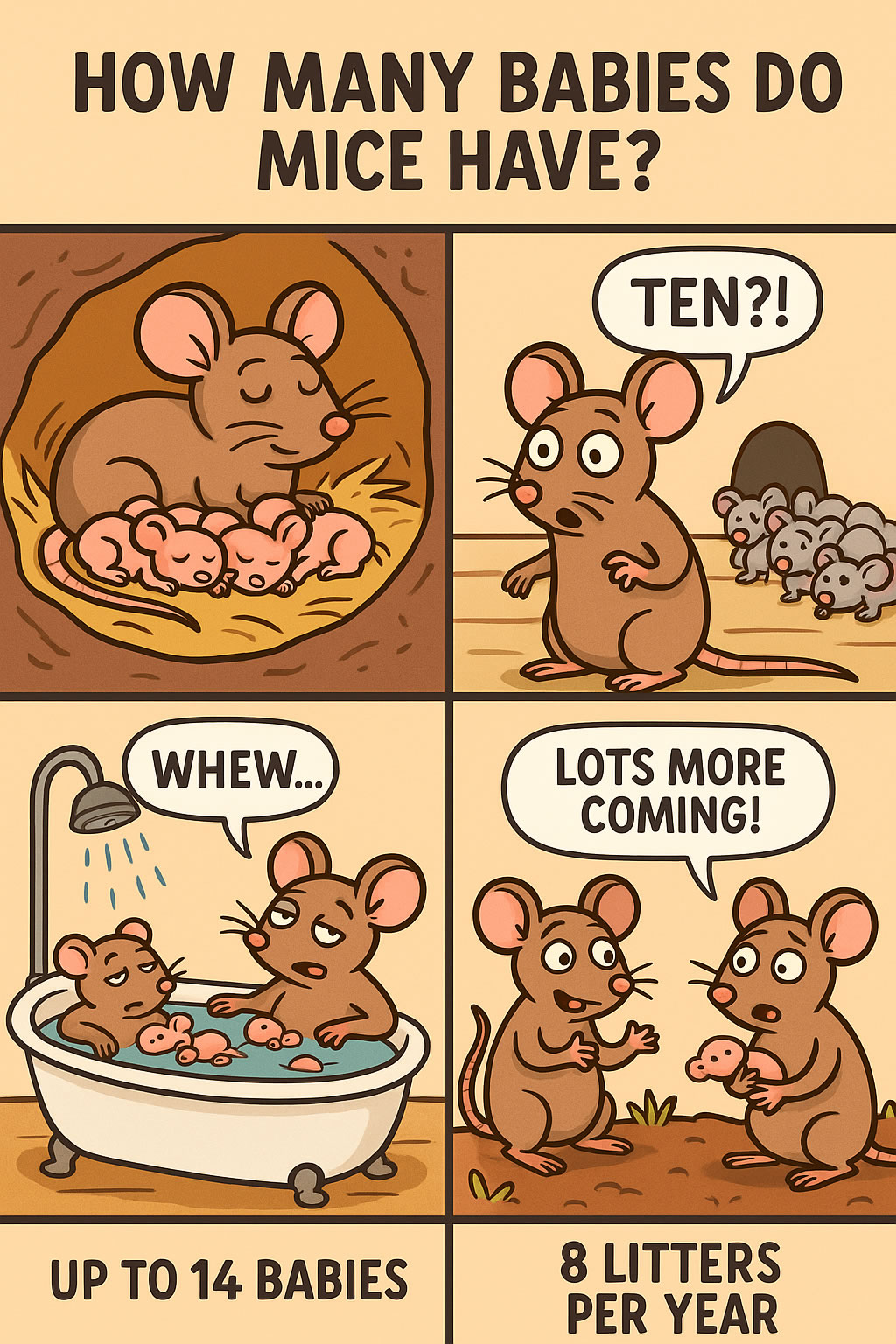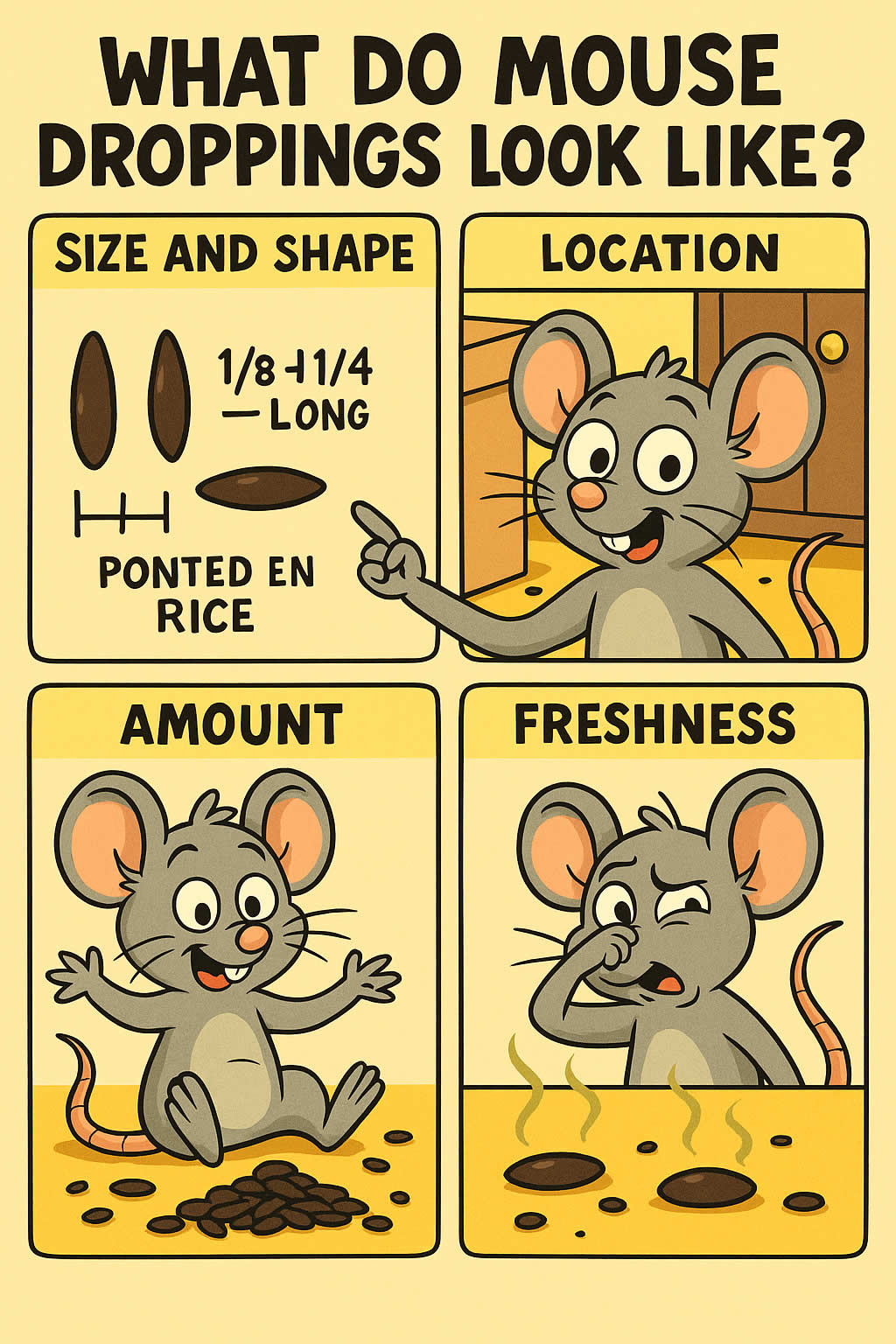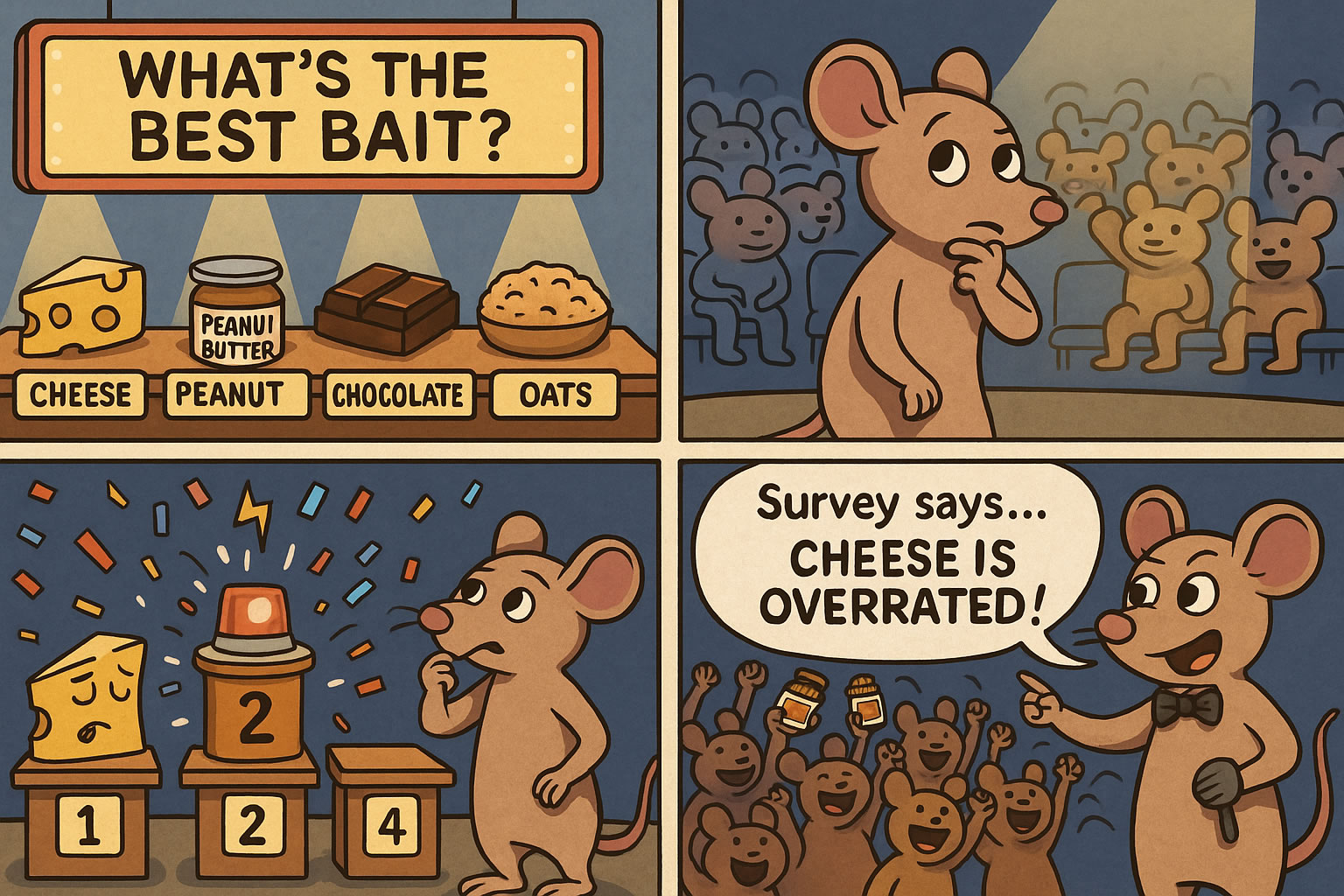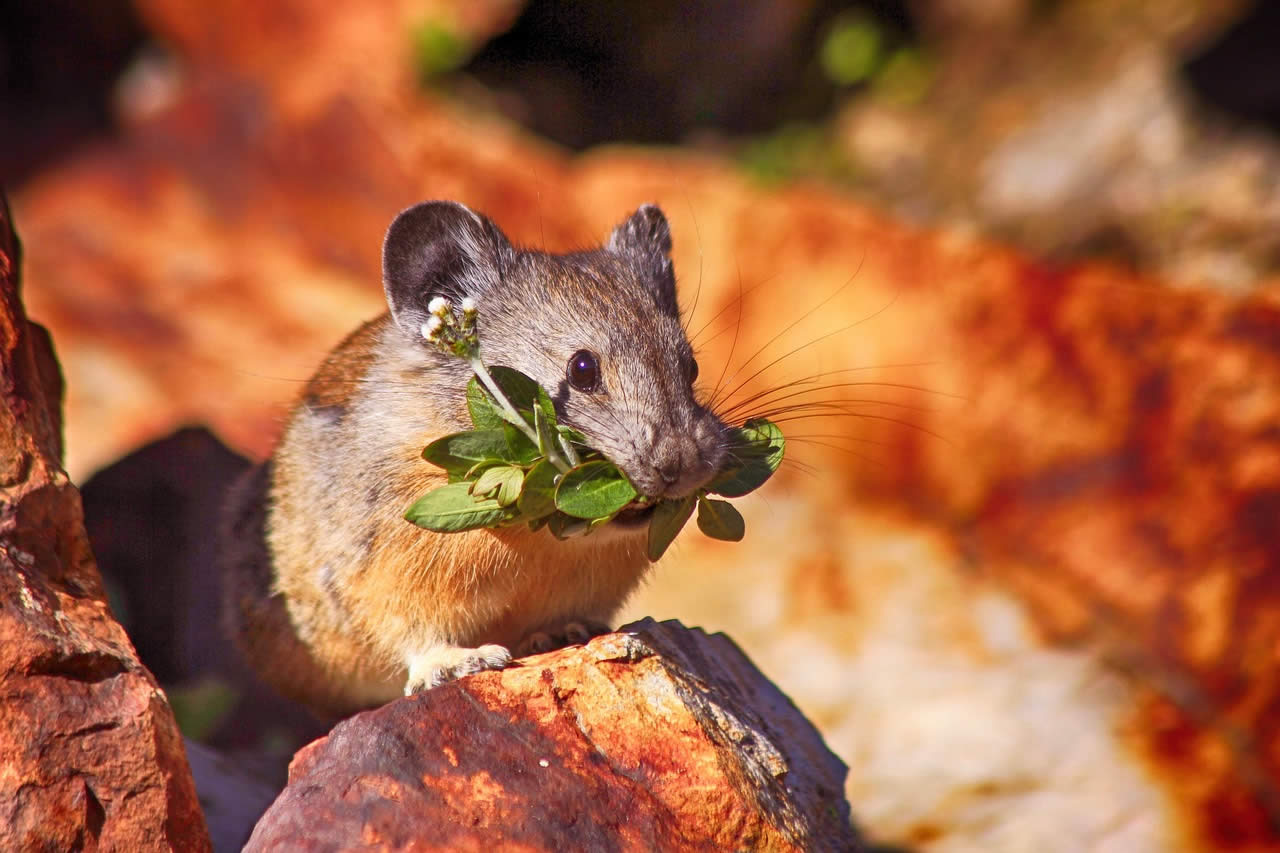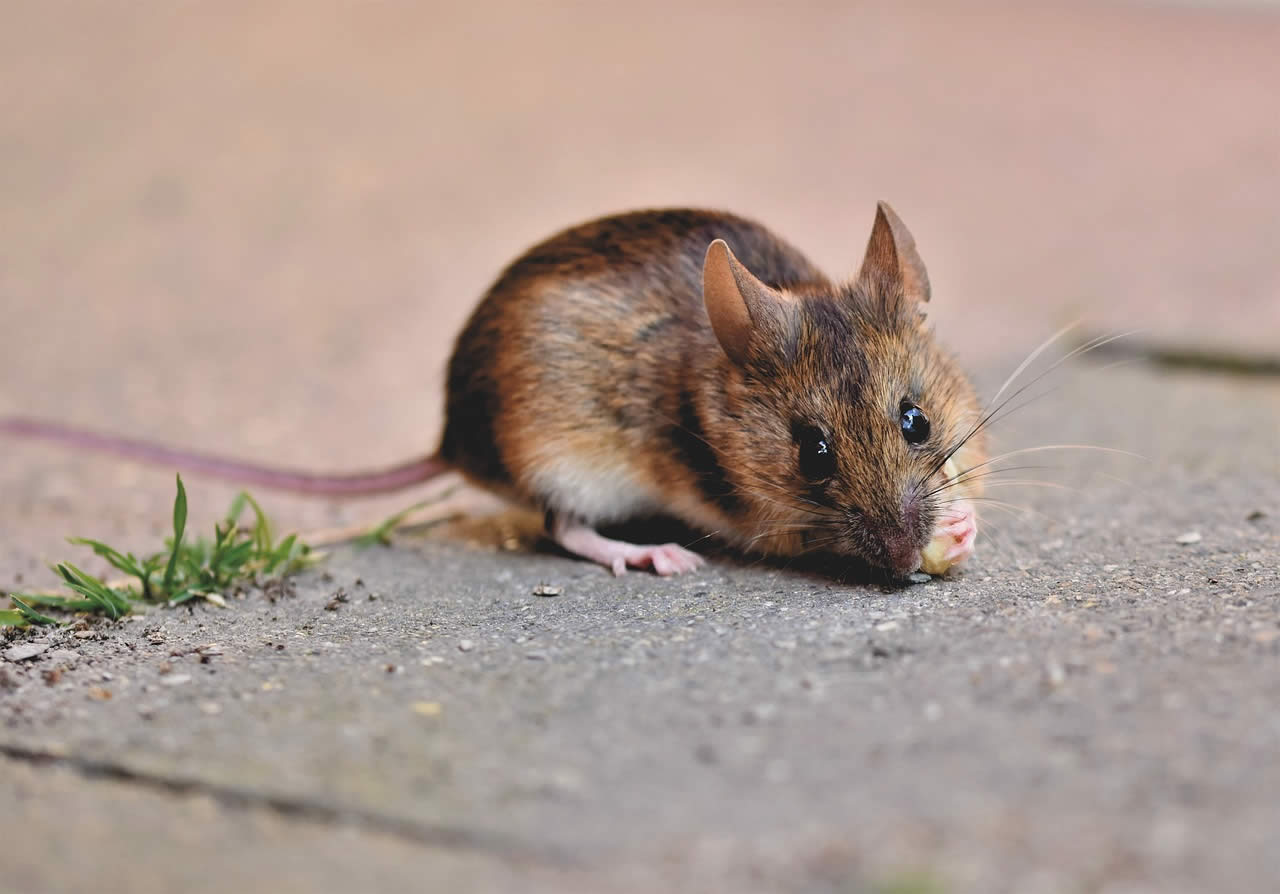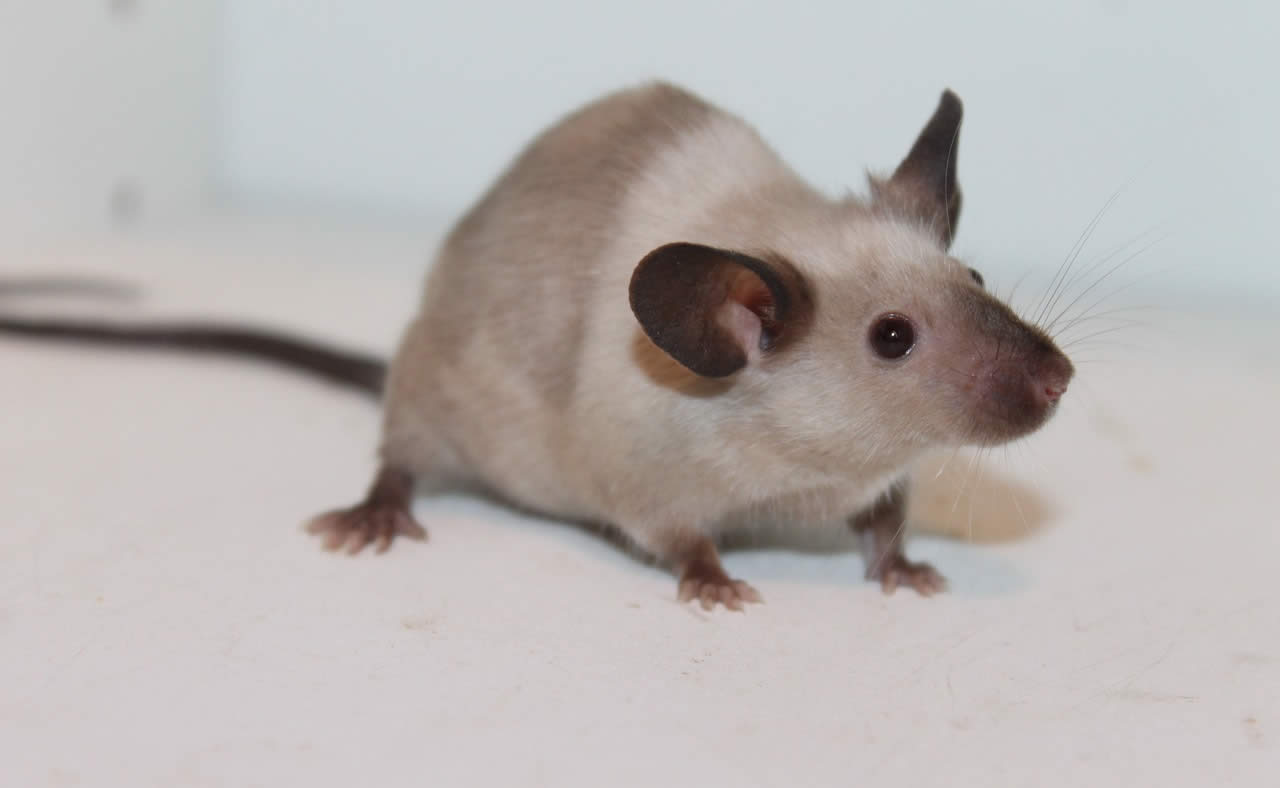Related Queries
ToggleIf you’ve spotted a mouse in your house, you might be wondering how long it’s going to stay around—or worse, how long it’s already been there. It’s not just a passing visitor. Mice don’t wander into homes by accident. Once they’re in, they settle. They breed. And if you don’t act quickly, they won’t be alone for long.
Understanding how long mice live, how quickly they reproduce, and what that means for your home is the first step to getting ahead of the problem. This guide breaks it all down for you—from life expectancy to real steps you can take to stop mice taking over your space.
Let’s start with what most people want to know straight away.
How long do mice live in the wild vs indoors?
In the wild, mice rarely live longer than 6 to 12 months. Harsh weather, predators, lack of food, and disease mean their time’s usually cut short.
But indoors, where there’s warmth, shelter, and food? That’s a different story. House mice can live up to 2 to 3 years in the right conditions. That’s a lot of time to reproduce, spread, and cause damage if they go unnoticed.
That’s why it’s so important not to ignore the signs. One mouse might not seem like much—but given time, you’re not dealing with just one anymore.
What’s a mouse’s life cycle like inside your house?
Knowing how long they live is only part of the problem. You also need to understand how quickly they grow, mate, and multiply.
Here’s what you’re up against:
- Day 1–7: A litter of 5–12 pups is born, blind and hairless
- By 2 weeks: They grow fur and start crawling
- By 3 weeks: They’re weaned and ready to explore
- By 5–6 weeks: They’re old enough to mate
- Every 20 days after: A female can give birth again
One female mouse can produce up to 10 litters per year, and each of those babies could be breeding in a month. If you do the maths, you’ll realise how fast a small problem turns into a big one.
If you’re trying to work out how long a mouse might have been in your home, check for gnaw marks, droppings, shredded nesting material, or musky smells. The more signs you see in different places, the more likely they’ve been there a while.
Why does a mouse’s lifespan matter to you?
You might think, “If they only live a year or two, maybe I can wait them out.” But the trouble is, mice don’t need to live long to do serious damage. A few weeks is enough to chew through wiring, nest in insulation, or contaminate your food.
And while one might not seem like a huge risk, by the time that one mouse has lived out its lifespan, you could have hundreds of new ones taking its place if you don’t break the cycle.
Their lifespan tells you one key thing: the sooner you act, the less time they have to cause trouble.
Where do mice hide while living in your house?
Mice like dark, warm, and quiet places. They’ll pick somewhere they can build a nest, find food, and stay hidden during the day.
Common spots include:
- Behind kitchen units
- Inside wall cavities
- Beneath floorboards
- Under or behind appliances
- In lofts, attics, or basements
- Inside storage boxes or furniture
You’ll often find shredded paper, fabric, or insulation where they’re nesting. If you think you’ve found their base, don’t move too quickly. Watch and wait for a night or two if you can—you’ll want to be sure you’re targeting the right place.
How do you know if you’ve got a full mouse infestation?
One mouse is rarely just one. If there’s food, warmth, and shelter, there’s every reason more will follow.
Here’s what to look for:
- Droppings – Small, black pellets, often near walls, in cupboards, or on surfaces
- Smears – Grease marks from their fur along skirting boards or entry points
- Gnaw marks – On wood, cables, plastic, or cardboard
- Scratching or rustling – Often at night in walls or ceilings
- Nests – Made from paper, fabric, or insulation, tucked away in hidden places
If you’re seeing multiple signs in different areas, it likely means a group of mice have moved in, not just one or two.
Can you break the cycle before it spreads?
Yes—but timing is everything. If you’ve just seen signs and you act now, you’ve got a good chance of stopping the problem before it turns into an infestation.
Here’s a home-tested timing calendar you can follow to stay ahead:
Week 1: Immediate Response
- Identify entry points and seal what you can (steel wool is best for gaps)
- Set traps where activity is highest (try baited snap traps near droppings)
- Clean up crumbs, bins, and anything that smells edible
- Remove clutter that gives them shelter
Week 2–3: Follow-Up
- Monitor traps daily
- Set new traps in different spots if you’ve caught any
- Use peppermint oil or ultrasonic repellents as backup deterrents
- Keep checking and sealing gaps
Week 4–6: Prevent and Protect
- Keep pet food sealed and off the floor
- Store dry food in airtight containers
- Set passive traps or deterrents in key areas (lofts, garages, kitchens)
Keep this routine up and review it monthly, especially in colder seasons when mice are more likely to seek warmth.
Are there home remedies that actually work?
Some do—but only when used as part of a proper plan. Here are a few that have shown results when tested alongside other control methods:
- Peppermint oil – Soak cotton balls and place them near entry points or nests
- Used cat litter – Its smell can scare off mice (keep out of reach of kids)
- Steel wool and filler foam – Stops them chewing through gaps
- Live traps – Only useful if you release mice far enough from home and seal up their access points after
These aren’t quick fixes on their own, but they can help push mice out when used together with cleaning, trapping, and blocking access.
What’s the most effective way to get rid of mice for good?
Here’s what works long-term:
- Seal every possible entry point
Mice can squeeze through holes as small as a pencil. Walk your property with a torch. Check brickwork, under doors, roof tiles, vents, and pipes. - Set snap traps in the right places
Don’t just scatter traps randomly. Place them close to walls, where you’ve seen droppings or heard scratching. - Use bait that works
Peanut butter, chocolate spread, or high-fat bait tends to attract mice more than cheese. - Be consistent
Reset traps. Keep cleaning. Reapply deterrents. Mice come back if they sense it’s safe again. - Call a professional if needed
If you’ve tried everything and the signs keep coming back, it’s time for pest control. They’ll know exactly where to look and what to use, and they’ll make sure the whole colony is gone.
How do you stop mice returning once they’re gone?
Prevention is key, and it’s often easier than the removal itself. Here’s what you should keep doing after you’ve cleared them out:
- Store all food properly, even pet food
- Keep floors clear of crumbs or spills
- Seal holes and check regularly for new gaps
- Use mesh covers on vents and drains
- Avoid clutter in lofts, garages, or sheds
And keep traps or monitors down in hidden areas so you know straight away if they return.
Final thoughts
Mice might only live for a couple of years indoors, but in that time they can do real damage to your home and peace of mind. The important thing is not to wait. One mouse can turn into dozens if you leave it too long. But with quick action, the right traps, and a solid routine, you can stop an infestation before it begins.
Understand how they live, and you’ll understand how to stop them living in your home. Take action now, and you won’t need to ask how long mice live—you’ll just know they won’t be living with you.
Pest Control Stanbridge – Pest Control Husborne Crawley – Pest Control Devon

